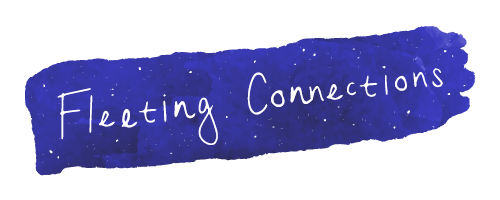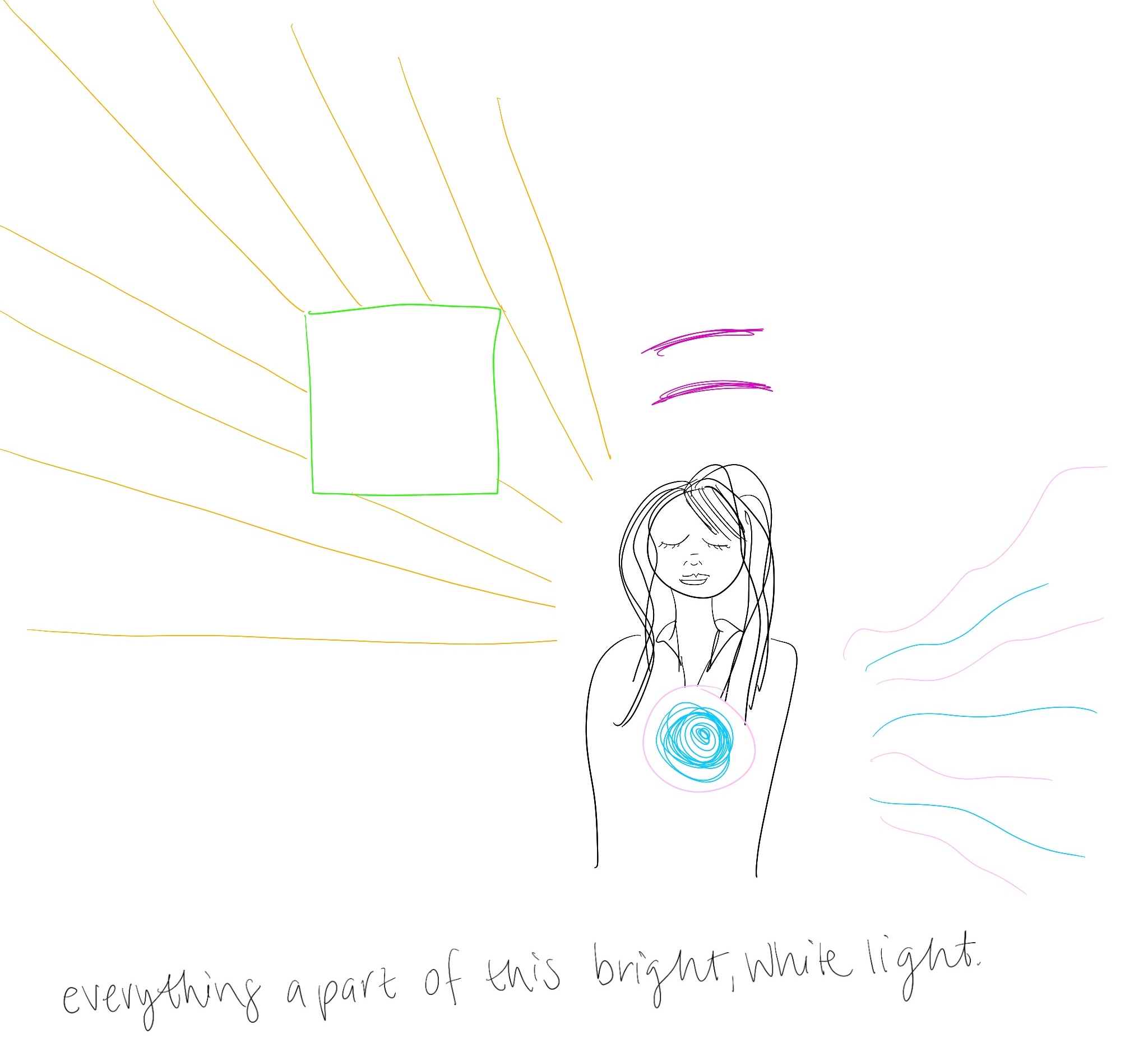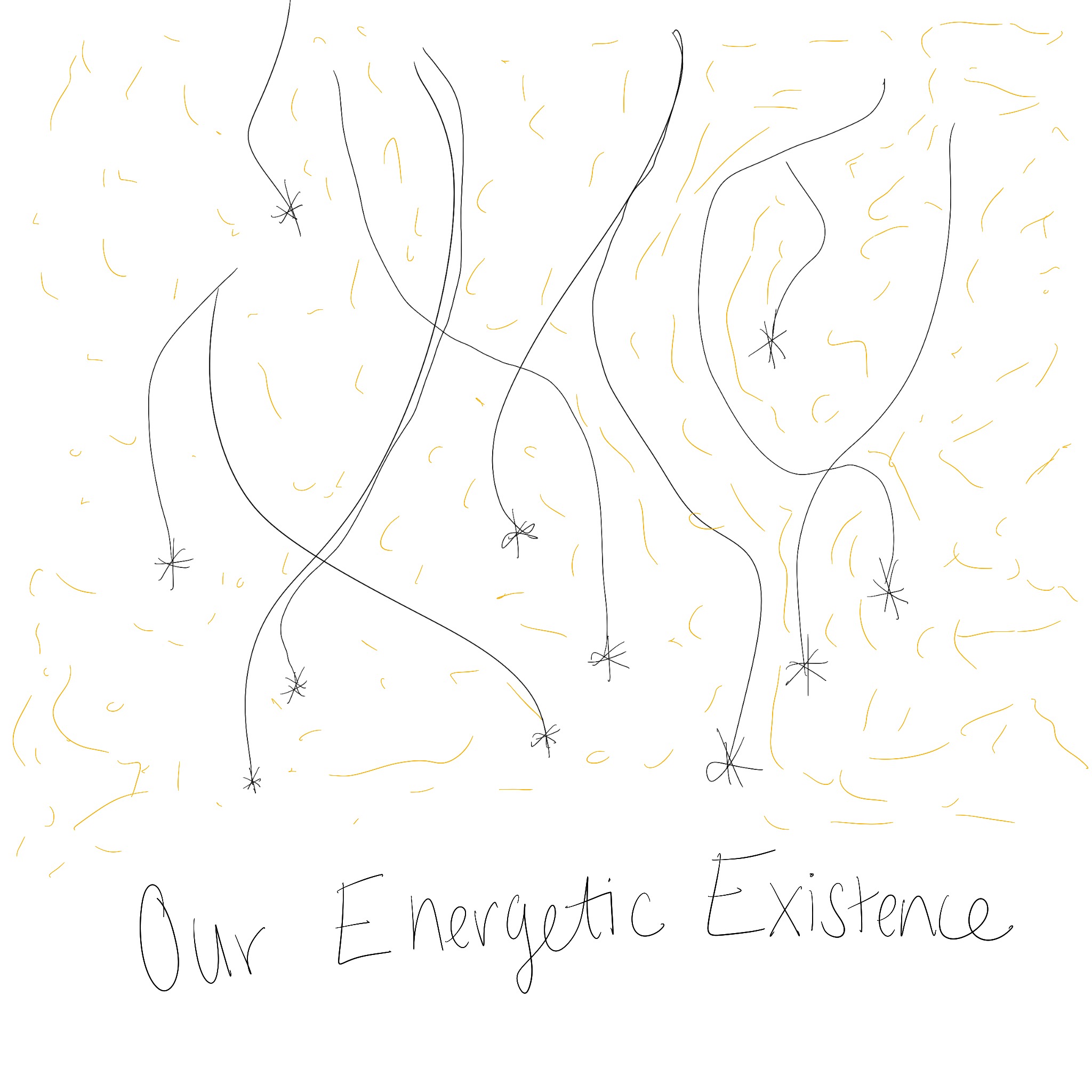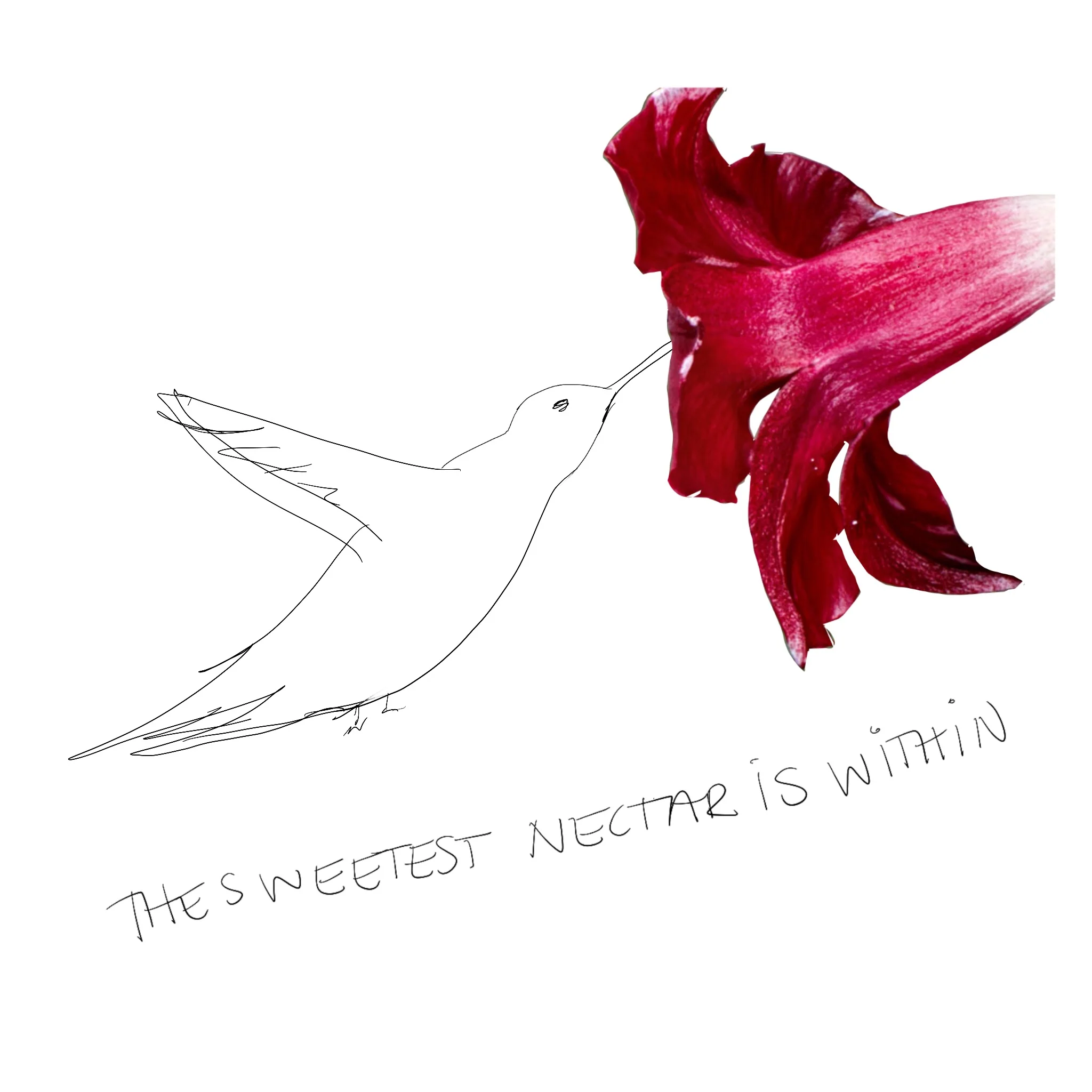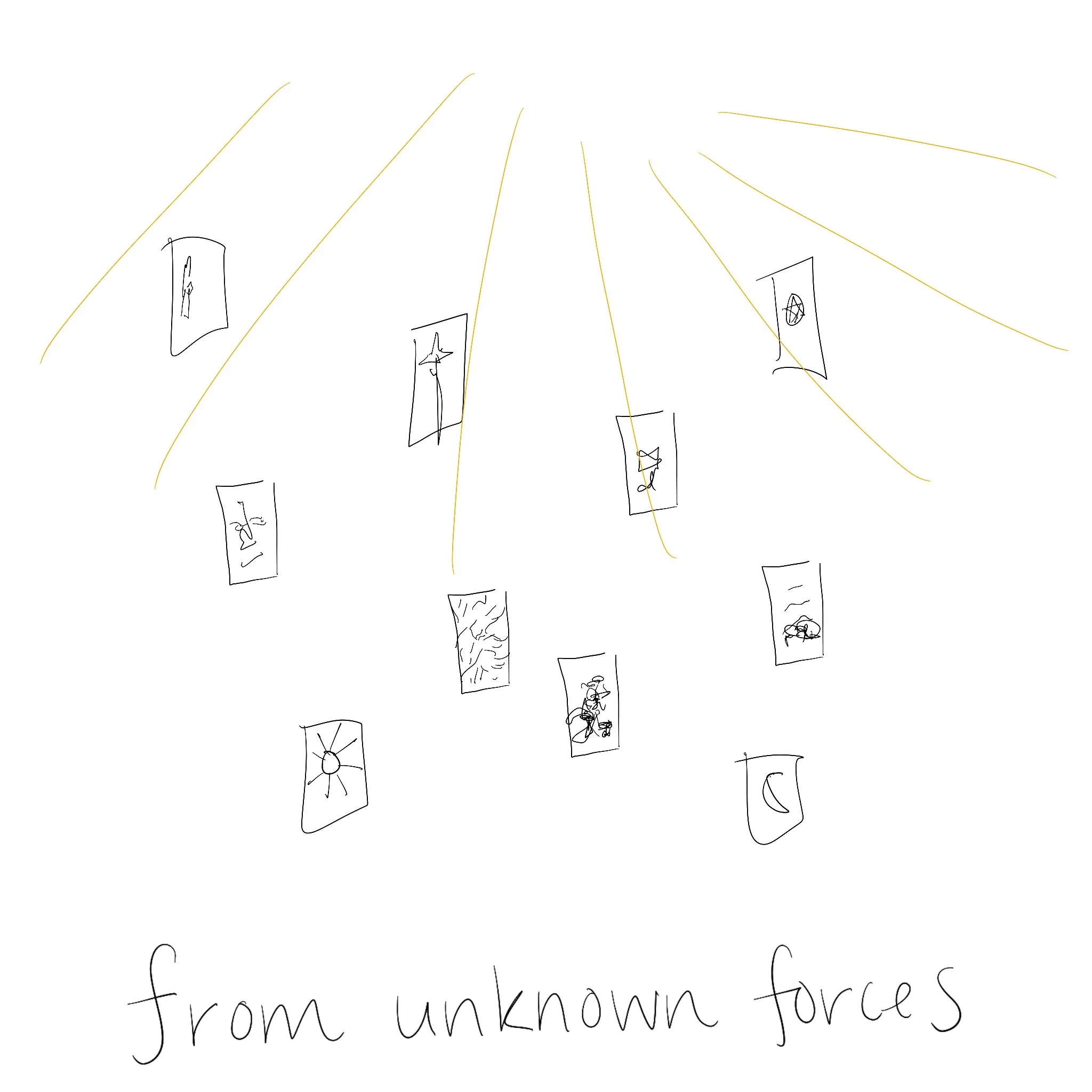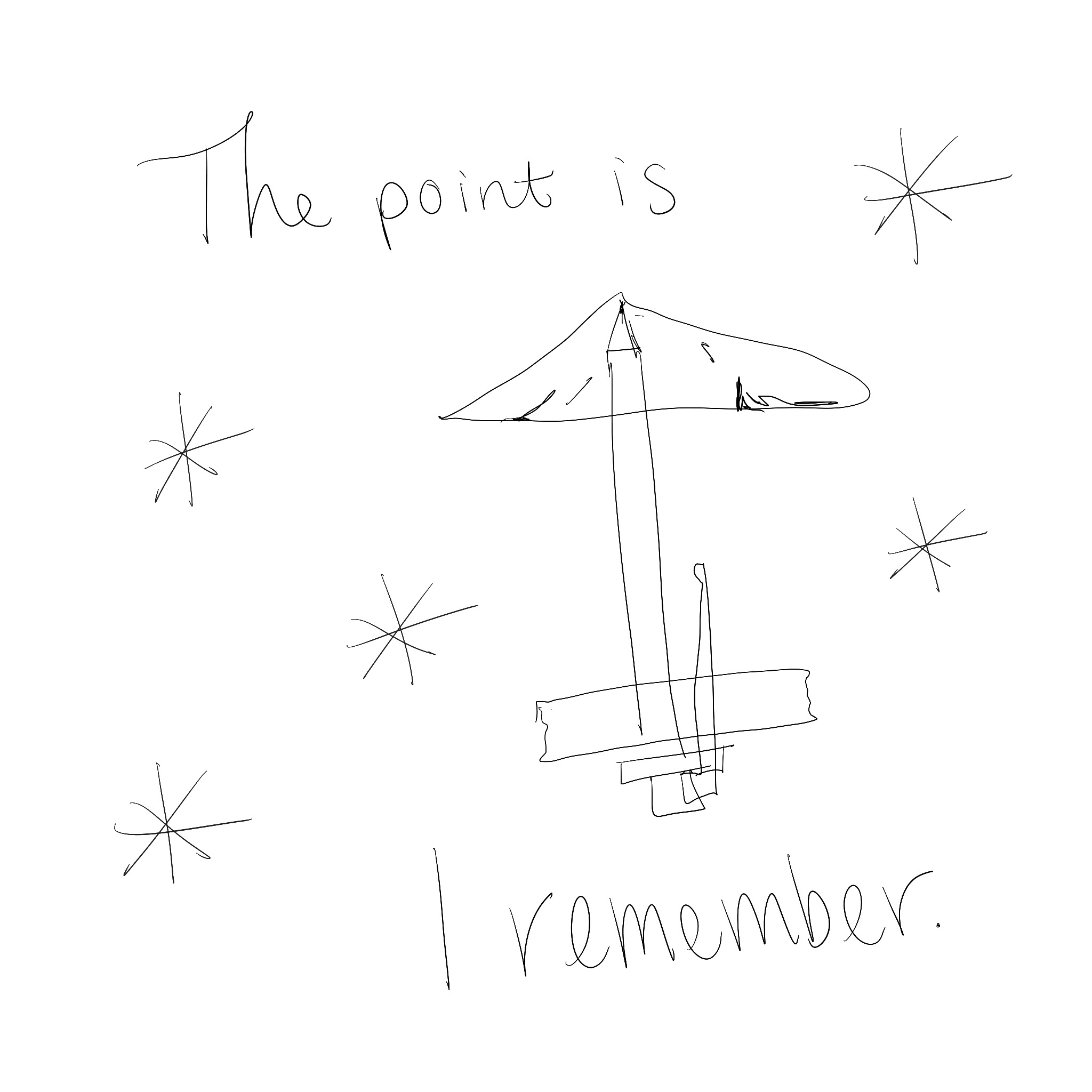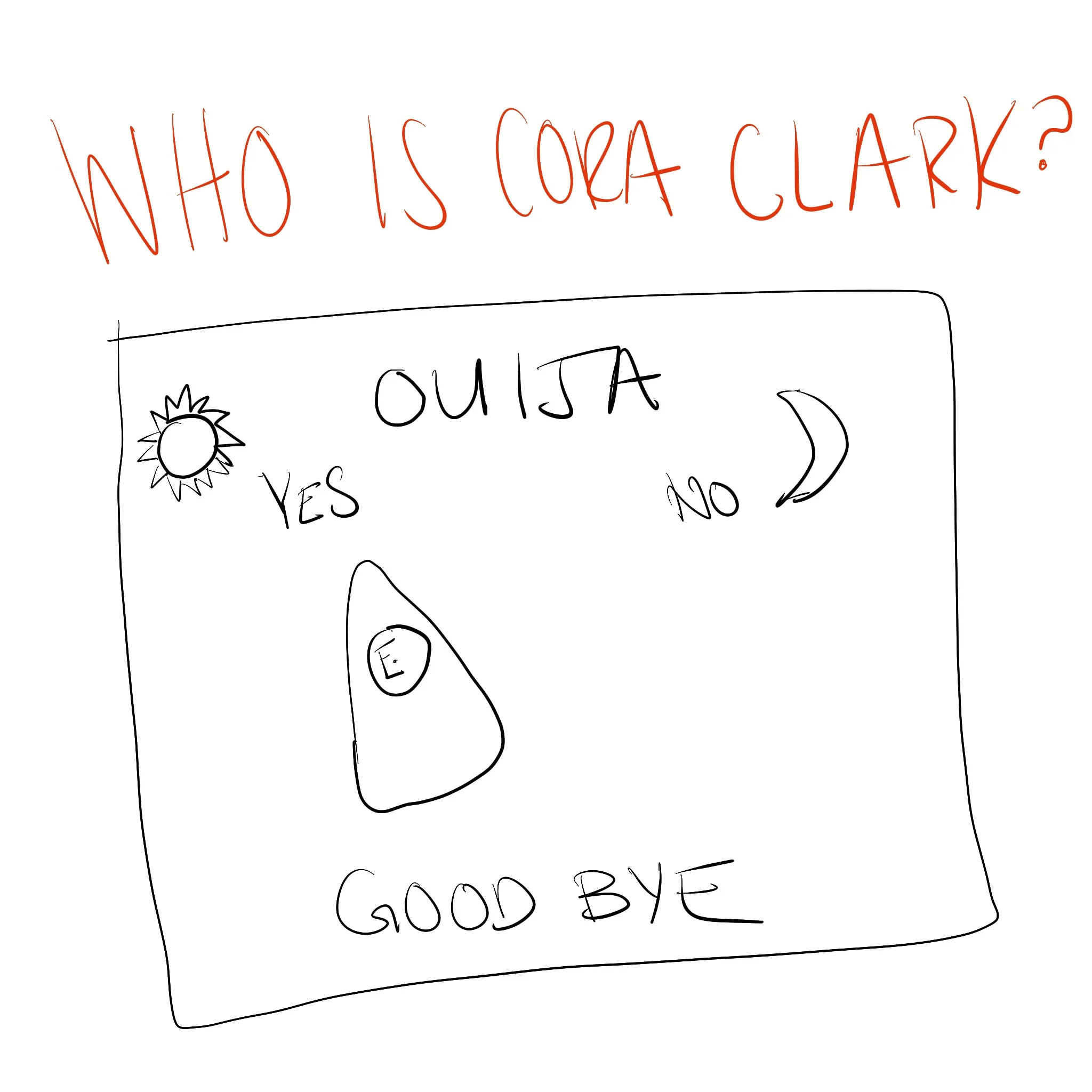☆
“I don't know if we each have a destiny, or if we're all just floating around accidental-like on a breeze, but I, I think maybe it's both. Maybe both is happening at the same time.” - Forrest Gump
You are destined to remember.
When I was five years old, my mom carried me out of the movie theater crying. She handed me a tissue and wiped my eyes as I said, over and over again: I’ve never cried at a movie before.
We’d just watched A League of Their Own, and there was something about Kit’s rebellious nature and the way I imagined the baseball gloves must have smelled that cracked me wide open. There was something about women triumphing, people losing touch, people coming back together, and people dying that brought tears to my eyes. Tears that just wouldn’t quit.
Two years later, I sat in that very same theater - the dine-in one with with the round tables and swivel chairs. My mom turned my chair around so my back faced the screen during all the scenes she didn’t want me to watch - mainly those with sex and drugs - and I cried my eyes out when Bubba died and Forrest Gump said goodbye to Jenny.
Going to the movies was, for me, entertainment, catharsis, and at times, the gateway to enlightenment, showing me stories that moved me and reminded me of what was really true. And remembering always made me cry. Because remembering meant facing all the times that I’d forgotten. Remembering was heartbreaking.
I’ve never been able to find this exact quote, but I do remember hearing Buddhist monk Thich Nhat Hanh speak or maybe it was the Dalai Lama and maybe that is why I can’t find the quote, but the message was this: being enlightened means being in a constant state of heartbreak.
Very few of us are in this constant state because who can hold onto that? Eventually, most of us want to close up and return to forgetting until something comes along and pulls us back to what is true.
When I was seventeen, I stood on the black and pink checkered bathroom floor of Regal Cinemas Stadium 14. My mom stood next to me as I wiped the tears from my eyes and said over and over again, You just never know what other people are going through. You just never know. And then my mom started crying too because she realized that at some point, she’d forgotten this truth. That she’d learned it many times before and now, she was learning it again through me and House of Sand and Fog.
We are in a constant state of learning and re-learning, remembering and forgetting, but ultimately, remembrance is our birthright. Remembrance is why we are here.
Remembering takes practice.
A few months ago, a stranger read my aura. She told me that she saw a bright white light. She told me that she was surprised to see this, that she typically only sees that energy with people like priests or people who work in churches.
I laughed because while I can’t remember the last time I went to church, I have created a temple in my home, and I spend my time mainly immersed in this spiritual work.
She described the bright white light as enlightenment, but the light didn’t live at my center, it lived to the right of me. It existed as an experience happening around me, a circumstance I was working with, an energy that lived beside me, supporting and guiding me, but also, connected to me.
And I laughed again because while I’ve heard the word enlightened whispered in my ear over and over again, I’ve never said it out loud for fear of being misunderstood or labeled arrogant or in some way judged. And truthfully, I didn’t know exactly what it meant for me.
I’ve had moments where I felt enlightened. Where I felt connected to supreme truth and all that is. Moments that came when movies connected me to a piece of what I’ve always known, moments that came when meditating, moments that came when surrendering completely and asking the universe a question for me or for clients, and moments that came when sleeping.
But I’ve also had moments when I felt like a spiraling mess of a person. Moments when I overloaded on sugary foods. Moments when I said mean things to people I loved. Moments when I couldn’t stop worrying, when I couldn’t stop replaying the pain on a loop, when I lost all hope completely. Moments when I cut my skin to watch it bleed. Moments spent crying on the bathroom floor. And while I’ve grown far beyond self harm and hopelessness, I still have a penchant for sugar and worrying and letting my anger get the best of me. Could a person with such weakness ever be enlightened?
In my mind, I still have far to go and much to improve - all the ways I’m not enough. But then, of course, sometimes, many times, daily even, truth seeps in through visions and knowings and dreams and sensing. Is that the bright white light that lives beside me? Is that enlightenment? Is anybody ever so fully enlightened that they don’t have to do anything to remember the truth?
After all, even Buddhist monks and nuns live their lives on retreat in monasteries. Through ritual and routine and discipline and isolation, they are constantly working to maintain their spiritual connection. They are constantly practicing remembrance. And even I, in an apartment in New York City, have ultimately chosen to retreat from the traditional world of being employed and going to a job every day because it pulls me too far away from the truth. Because I need to structure my days to support my soul, to support my spiritual exploration, to give me the freedom to follow my intuition and my callings and do what I feel needs to be done on any given day. Have I created a private monastery for myself? Sometimes I think I maybe have. Though if I have, I’ve chosen very expensive land.
Land that requires me to still engage with capitalism and commerce to the extent that it is necessary to pay my bills. Not quite a complete retreat. Not like the monks. But for me, remembrance is worth every penny because I could not afford the physical toll of forgetting - the way it ravaged my brain with seizures and joints with pain, the way it had me crawling on my knees after a long day of standing for work at the mall. For me, forgetting meant being sick, but remembering means feeling strong, peaceful, aware, bathing in the white light.
And I wonder if this is how it always is. If enlightenment is a state we always have access to, but we simply move in and out of it, we simply choose how much attention to pay it, we simply practice remembering or we forget.
Dreams of remembrance.
The other night I had a dream. I dreamt that I was living my life on a loop. That I lived it over and over again like in Groundhog Day - facing the same obstacles, sometimes making the same choices, sometimes making different choices. I dreamt that I was nearing the end of the loop, that I was going to move beyond it, into something that was true and real. You see, in the dream, this life was more of a dress rehearsal than life itself, and just as I was about to be freed from it, I flew into a panic. I didn’t want to be free. I wanted to return to what I knew and the people I loved. I asked to go back.
“The fall is the greatest act of love
Who would leave the Oneness
if not to serve that Oneness through the leaving?
As you have roamed through centuries of unknowns,
always moving into the next moment of nothingness
to create Light,
you have fragmented from this journey
and have forgotten who you are
and why you have come.”
- Emmauel’s Book by Pat Rodegast
Love is the hardest thing to remember.
You have forgotten who you are and why you have come. You chose this.
That idea pressed itself into my mind. Like a thumbprint.
I thought of all the ways this world confounds and frustrates me. I thought about money and how I wish none of us needed it. I thought about how people can be so confused and cruel. I thought about all the times I talk with someone and afterwards, insecurity rears its head and makes me wonder if I said something that made them dislike me or if I could have said it better or nicer or somehow differently. I thought of all the ways I struggle to let love in.
Like the time in eighth grade when I won a playwriting contest and the actor who performed one of its scenes walked up to me afterwards and said I just wanted to shake the hand of the person who was able to write that story at thirteen, and I turned bright red and wanted to crawl into a cave and disappear.
Or like the time my partner asked me to marry him, and I didn’t hesitate to say yes, but simultaneously, I felt my energy fly out of my body because it didn’t know how to make room for all that love along with all of it.
I thought of how letting love inside, really letting it penetrate and fill you, of believing you deserve it, of accepting all the joy, of accepting that you and your weaknesses aren’t even weaknesses, of accepting that you are enough and supremely worthy - no improvements necessary - is maybe the most vulnerable thing in this world because when we let that love in, when we stop defending against it, we are thrust into a state of remembrance. Because when we stop forgetting who we are, we remember all the love.
Stories help us remember.
In eighth grade, I wrote a play about a man who was criminal. A man who had done horrible things. Even killed. Then, one night, he was hit by a car, and when he woke up in the hospital, he had complete amnesia. He’d forgotten everything about who he had become, and all he had left was who he was. So he moved forward with his life and became a deeply loving family man. There was more to the story of course. More drama and crime and excitement, but the moral was that underneath it all, there is good, we are good, we are supported by light.
Stories help us remember. I’d known this since I was five, so in college, I studied stories. I studied stories told through moving images and words on screens and stories told in bones. The bones of our relatives - the chimpanzees and the bonobos - and the bones of our ancestors - Homo neanderthalensis, Homo erectus, all the species of genus Homo.
I held a skull in my hand. I ran my fingers along the brow bone to feel how robust it was. So much thicker than my own. I traced my fingers from the supraorbital ridge to the occipital bone, noticing the slope of the skull and its length. More gradual and longer than mine. And I thought of what it was protecting - the occipital lobe, the part of the brain that processes vision and perception and helps to determine what is seen. And I moved my fingers even farther, down to the base of the skull. I gently moved them in a circular shape around the edge of the foramen magnum. Its location, like mine, told me that this being also chose to stand on two legs.
And I thought of all the choices I have made that I’ve forgotten. Everything that brought me here. Everything a part of this bright, white light.
☆
“Enlightenment is always there. Small enlightenment will bring great enlightenment. If you breathe in and are aware that you are alive—that you can touch the miracle of being alive—then that is a kind of enlightenment” - Thich Nhat Hanh
